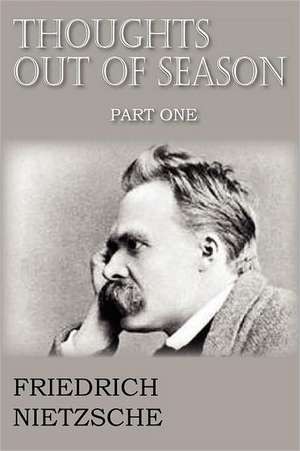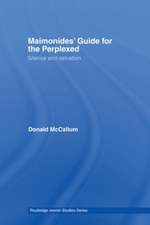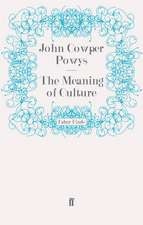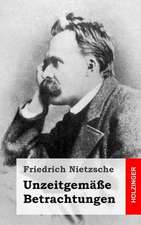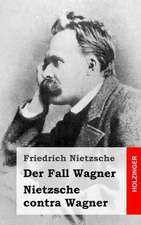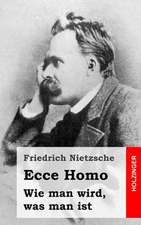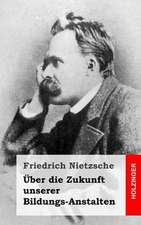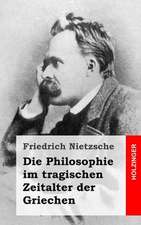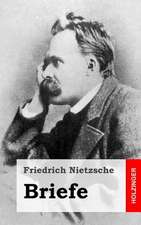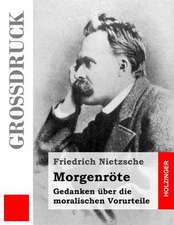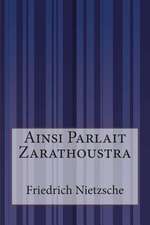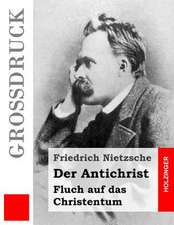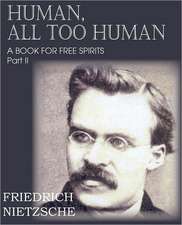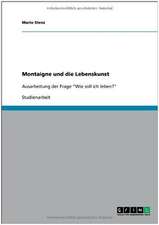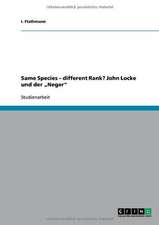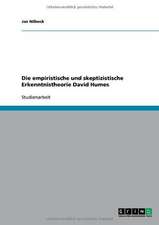Thoughts Out of Season Part I
Autor Friedrich Wilhelm Nietzsche, Anthony M. Ludovicien Limba Engleză Paperback – 28 feb 2012
Preț: 84.83 lei
Nou
Puncte Express: 127
Preț estimativ în valută:
16.23€ • 16.95$ • 13.40£
16.23€ • 16.95$ • 13.40£
Carte disponibilă
Livrare economică 25 martie-08 aprilie
Preluare comenzi: 021 569.72.76
Specificații
ISBN-13: 9781612039701
ISBN-10: 1612039707
Pagini: 120
Dimensiuni: 152 x 229 x 6 mm
Greutate: 0.17 kg
Editura: Spastic Cat Press
ISBN-10: 1612039707
Pagini: 120
Dimensiuni: 152 x 229 x 6 mm
Greutate: 0.17 kg
Editura: Spastic Cat Press
Notă biografică
Friedrich Nietzsche, (born October 15, 1844, Röcken, Saxony, Prussia [Germany]-died August 25, 1900, Weimar, Thuringian States), German classical scholar, philosopher, and critic of culture, who became one of the most influential of all modern thinkers. His attempts to unmask the motives that underlie traditional Western religion, morality, and philosophy deeply affected generations of theologians, philosophers, psychologists, poets, novelists, and playwrights. He thought through the consequences of the triumph of the Enlightenment's secularism, expressed in his observation that "God is dead," in a way that determined the agenda for many of Europe's most-celebrated intellectuals after his death. Although he was an ardent foe of nationalism, anti-Semitism, and power politics, his name was later invoked by fascists to advance the very things he loathed.
